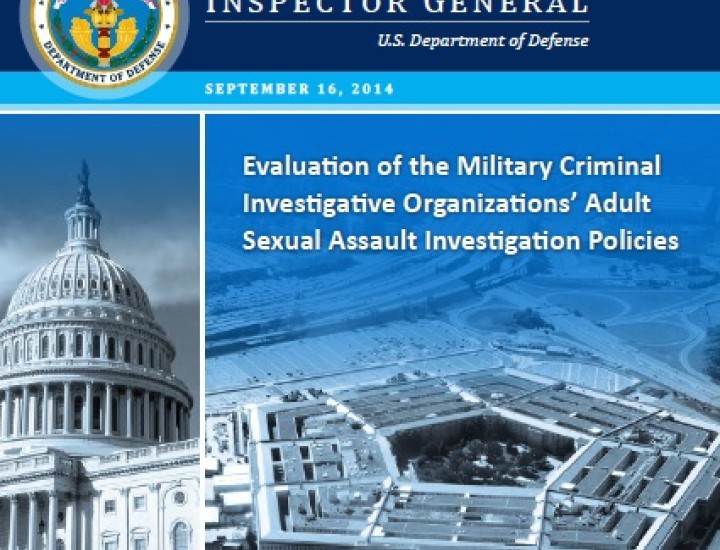Published March, 2015
United States v. Gutierrez, No. 13-0522 Crim. App. No. 37913, U.S. Court of Appeals for the Armed Forces (2015)
With this ruling the United States Court of Appeals for the Armed Forces reversed the conviction by general court martial of an air force sergeant on a charge of aggravated assault for having consensual sex, both with and without condoms, with multiple partners while HIV positive and without disclosing his HIV status. The ruling overturns more than twenty years of precedent that applied a different standard to charges involving HIV than in any other alleged assault.
Relying on statistical evidence presented by the government’s expert witness, the Court ruled that if HIV transmission is highly unlikely, then the defendant had not acted in way that was “likely to produce death or grievous bodily harm.”
However, the Court affirmed the trial court’s finding of guilt on the lesser included charge of “assault consummated by battery,” citing a 1998 ruling by the Supreme Court of Canada which found that, “without disclosure of HIV status there cannot be a true consent.”
The court also upheld the appellant’s conviction on the charge of adultery, finding that the conduct fit within the definition of adultery and the “participation of Appellant’s wife in the offense is immaterial to the question.”
Having reversed the conviction on the most serious charge the Court also reversed the 8-year sentence by the trial court and remanded the case to that court to either reassess the sentence or hold a new sentencing hearing.
For additional analysis on the Gutierrez case, see the Federal Law including U.S. Military, an excerpt from CHLP’s HIV Criminalization in the U.S. A Sourcebook on State Fed HIV Criminal Law and Practice.
Copyright Information: CHLP encourages the broad use and sharing of resources. Please credit CHLP when using these materials or their content. and do not alter, adapt or present as your work without prior permission from CHLP.
Legal Disclaimer: CHLP makes an effort to ensure legal information is correct and current, but the law is regularly changing, and the accuracy of the information provided cannot be guaranteed. The legal information in a given resource may not be applicable to all situations and is not—and should not be relied upon—as a substitute for legal advice.
